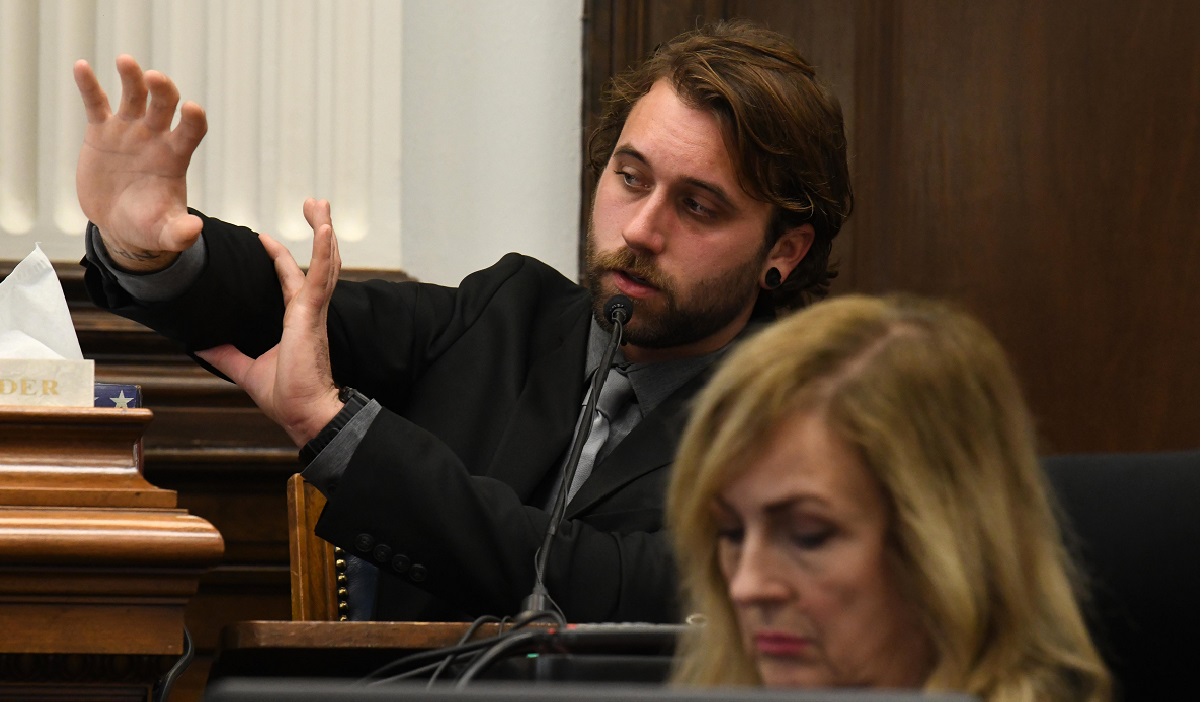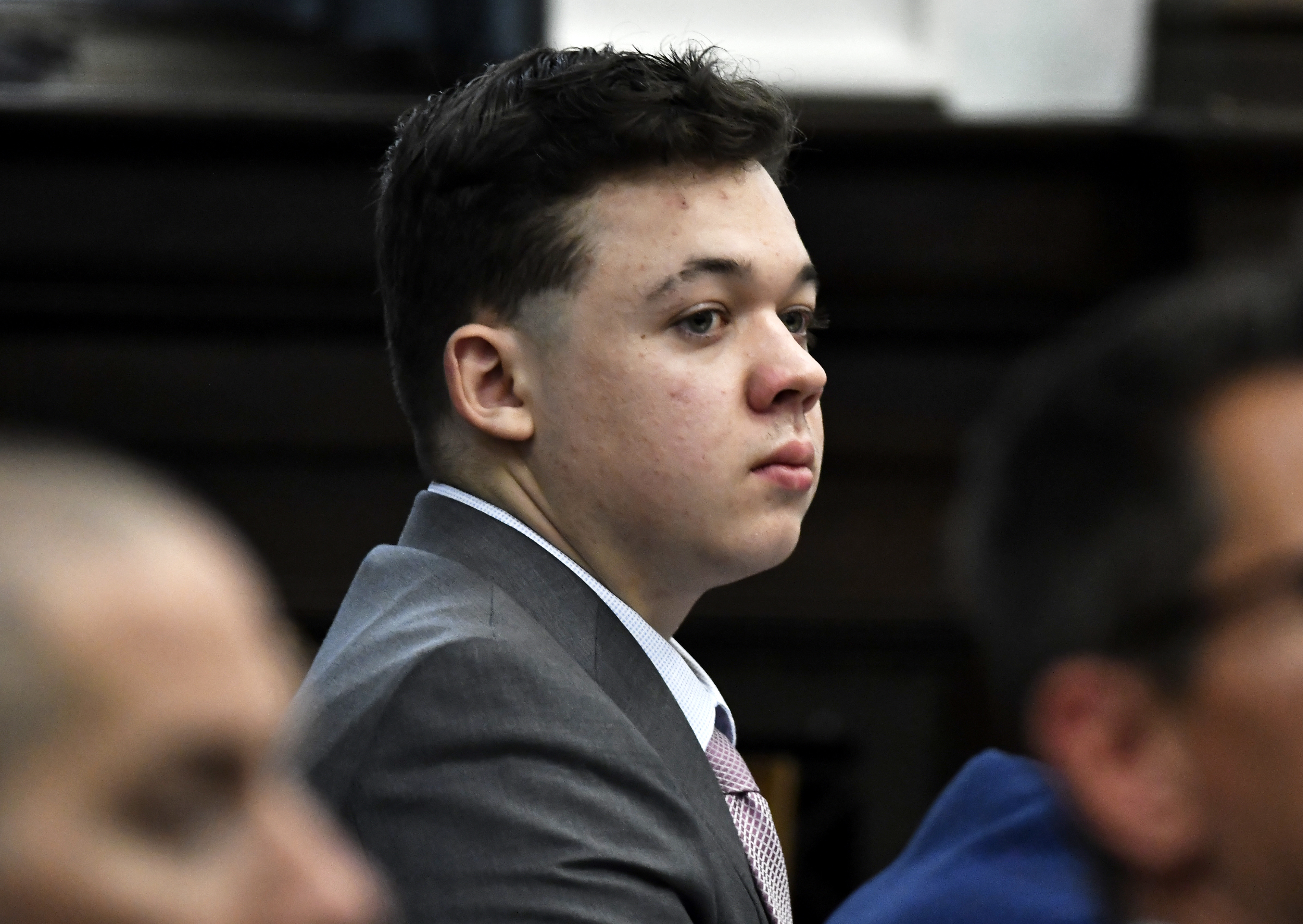NOTE: NBC Chicago will provide a live feed from the courtroom as available throughout the trial.
As Kyle Rittenhouse's Kenosha County trial nears an end, will he do as his attorneys suggested he would and testify in his own defense? Much of that calculation will come down to how well the prosecution has made its case.
The 18-year-old Antioch man could face life in prison for the killings of Joseph Rosenbaum and Anthony Huber, as well as the serious wounding of Gaige Grosskreutz. Rittenhouse said he acted in self defense after the crowd protesting the shooting of Jacob Blake by a white Kenosha police officer turned on him.
In court on Tuesday, jurors saw newly-enhanced drone video showing Rittenhouse running to a Kenosha gas station, being chased by Rosenbaum, moments before he opened fire. Milwaukee County forensic pathologist Dr. Doug Kelly testified that Rosenbaum was killed by one of four shots fired by the teen.
Feeling out of the loop? We'll catch you up on the Chicago news you need to know. Sign up for the weekly Chicago Catch-Up newsletter here.
The prosecution on Tuesday rested its case without saying what led Rittenhouse to shoot Rosenbaum.
JoAnn Fielder, who was part of a group who said they were protecting the Car Source dealership the night of the shootings, testified for the defense that Rosenbaum had threatened her group and the other protesters. He said he "was going to kill us and cut our hearts out," Fielder said.
After the shootings, Fielder said Rittenhouse returned to the group, told them what he had done and told them he may have just ruined his life.
In some cases, defense attorneys choose to rest right after the prosecution hoping that the cross examination of their witnesses will be enough to make their case. In others, they ask for a judge to render a directed verdict, arguing that the prosecution has not met its burden to prove the defendant's guilt.
In this case, the defense is mounting its own case and offering its own witnesses. Rittenhouse, they promised in opening statements, would be one of those witnesses.
But could Rittenhouse do more damage if he takes the stand? Even though his attorneys have suggested to the jury that he will testify, doing so will open him to cross examination. Prosecution attorneys would be allowed to question Rittenhouse under oath. Although that testimony would likely be limited to matters he testified to under direct examination, one misstatement could open the door to new lines of inquiry.
Then there is the matter of how well Rittenhouse will perform on the stand. Will he seem credible to jurors? Will he seem nervous and like he is hiding something? Undoubtedly, his legal team has tested him outside the courtroom, but everything can be different under the pressure of a courtroom packed with jurors, a judge, observers and television cameras.
Legally, Rittenhouse is under no obligation to testify. All defendants are innocent until proven guilty. Typically jurors are given instructions not to hold it against defendants if they chose not to take the stand.
Whichever decision Rittenhouse makes, to testify or not to testify, will likely be one of the most important in the defendant's young life.



